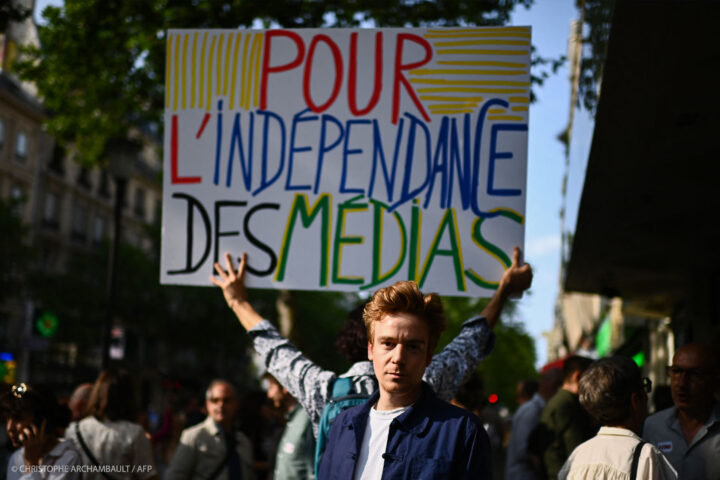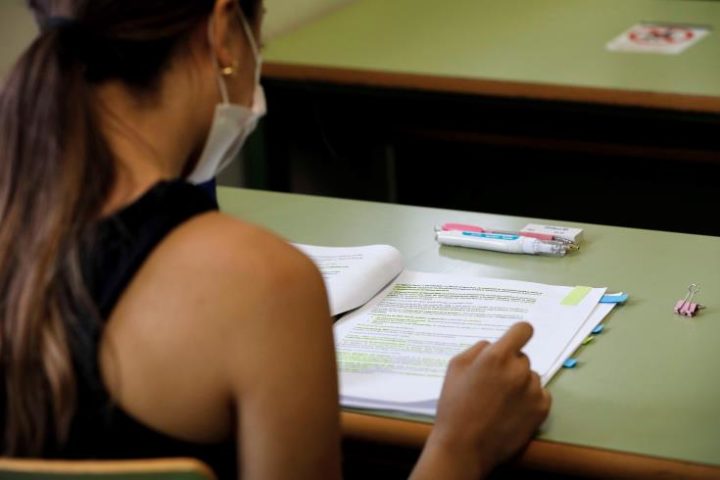Some values are being put to the test in Cyprus after a comment by the Attorney General caused a storm within the island’s media sector.
Referring to a confidential document that was leaked to a local newspaper, the A-G hinted that any such publication, without referring to the specific document in question, would be liable to prosecution.
This brought on the furore of the union of journalists, with veteran former union chief Andreas Kannaouros calling such efforts as censorship and silencing freedom of speech.
He said that journalists should continue to do their job, unhindered by political pressure, as it is the only way to let the truth be revealed, especially as this was in the greatest public interest and not a national security issue.
The contentious document penned by the Energy Minister and sent to the House President, outlined details about the LNG plant at Vassiliko, the contractual delays and alternatives on how to deal with the situation.
Already, the contractor is asking for more money to complete the far-delayed project to deliver the floating storage regasification unit (FSRU) vessel that will be used to re-gasify liquefied natural gas (LNG) onboard.
This should also mean cheaper energy to burn for the island’s main power plants, while being relatively cleaner fuel than the diesel mazut currently used, should also reduce the carbon emission fines that Cyprus taxpayers are paying, at a rate of about 2,000 euros per household.
As the A-G does not seem to want to proceed with prosecuting the island’s leading daily, the matter may calm some jittery nerves, for now, but maintaining a level of caution as government efforts in recent months and years have been geared at placing further controls on the media.
The fact that the document was leaked, probably from people quite high up in the energy ministry, also suggests that the A-G faces a dilemma, whether to investigate the source of the leak and if this is identified, whether to proceed with prosecution.
The energy ministry does tend to leak specific information to certain parts of the media, intentionally in order to sway public opinion on a certain matter, whether it is in the public’s interest or not.
The specific leak and the threat of prosecution have opened another Pandora’s box, that this administration dreads to allow to get out of control.
Perhaps, the media should also rethink its acceptance of leaked documents, which often are reproduced word to word, thus serving the interest of governments and politicians.










